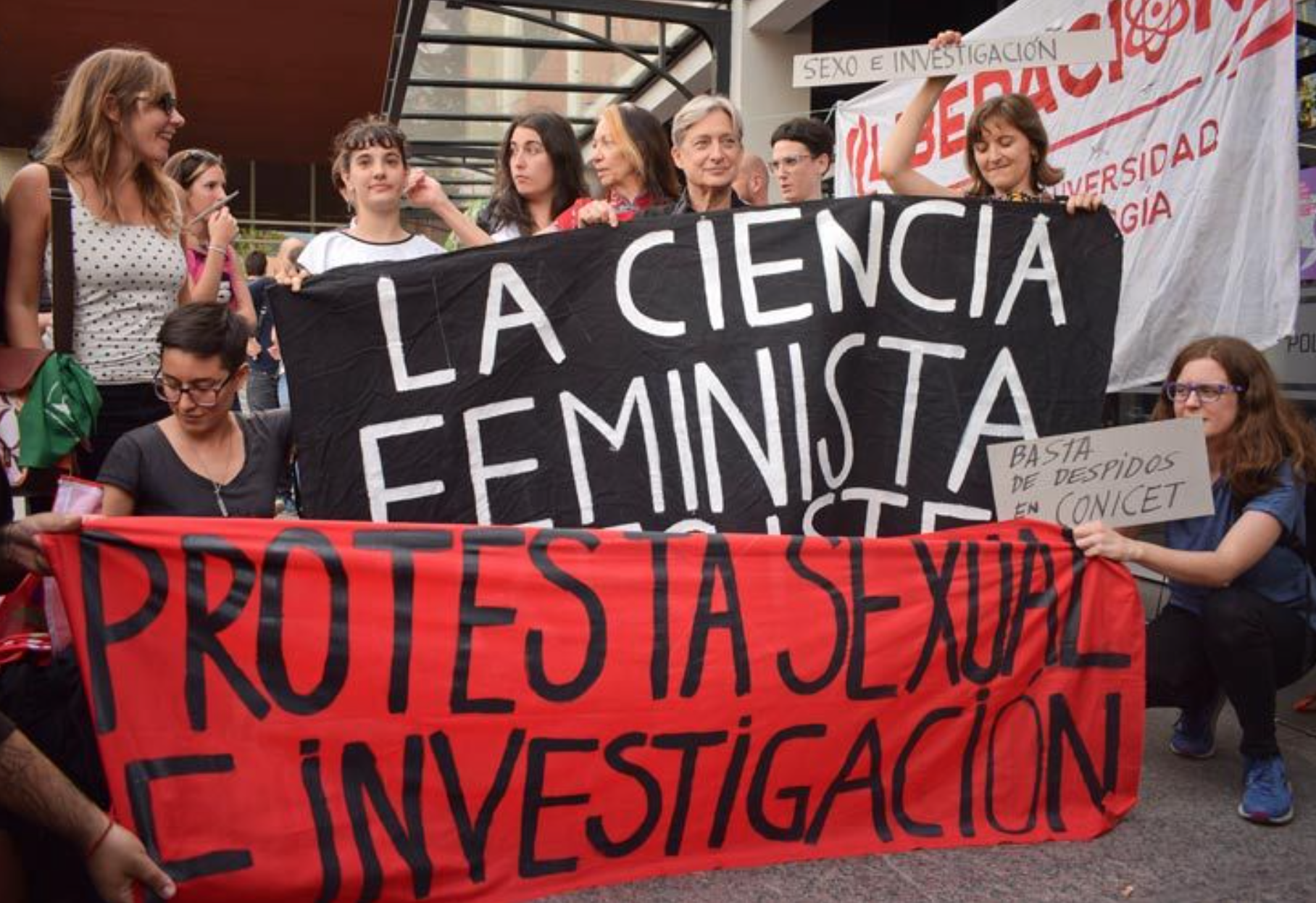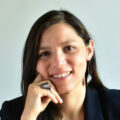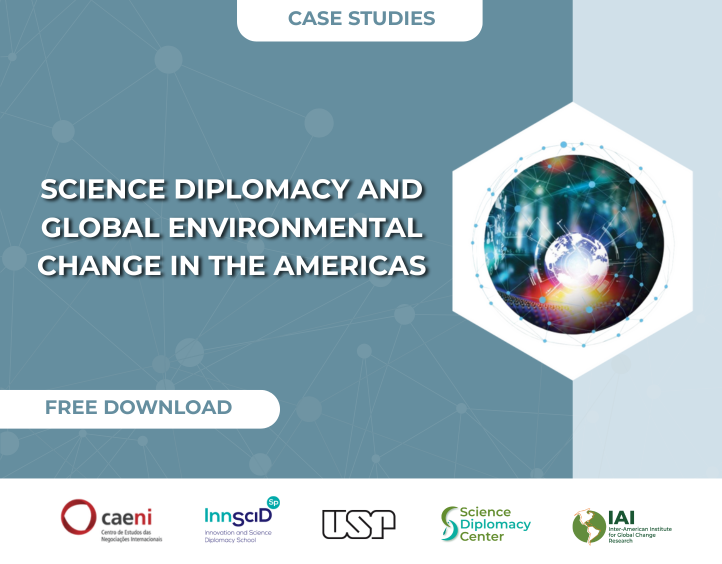Co-author Rebecca Lund
Chile, despite being the country of the Organization for Economic Cooperation and Development (OECD) that invests the least in science and has advanced training in human capital, but with little absorption in the country’s productive system, has made some progress that positions it as a successful model in the development of science, technology, and innovation in Latin America. As a result of a historical demand of the Chilean scientific community, the country has a ministry that coordinates the public policies of this sector. The Ministry of Science, Technology, Knowledge and Innovation (Mincyt), and the National Policy on Science, Technology, Knowledge and Innovation were built collaboratively with representatives of national science and civil society.
Recently, in the face of structural problems such as the extractivist base of the Chilean productive model or gender inequalities, the government of Gabriel Boric has promised to double the national budget for science and technology, offering answers to the gender gap and the need to mainstream the environmental and climate agenda.
Beyond Chile’s advances and challenges in science, technology, and innovation, the recent Constitutional Process has also allowed discussion of the generalized ideas about the concept of knowledge, challenging the naturalized perceptions of academic knowledge. One aspect of these discussions has been the role of activism and its articulation with scientific and academic knowledge.
In fact, activism and academic knowledge are in constant dialogue. Debates about this relationship have been at the center of feminist epistemology and decolonial theory discussions for decades. In this context, we must address how the construction of knowledge is negotiated from the gaze of those who go into spaces beyond the walls of the university and move between feminist activism and the academic production of knowledge.
In general, activism is presented as a way of transgressing academic knowledge and related to social or ecological good. However, in this sense, knowledge production also provides tools for activist engagement and vice versa. Studies of activism in academic spaces have focused on the ways in which the production of academic knowledge explicitly connected to an activist agenda can shape political decision-making or, ultimately, be a catalyst for social transformation inside and outside the university. However, it has also been pointed out that activist agendas tend to lose focus, and become depoliticized and intellectualized when they enter academic institutions. In the discussions developed in the framework of two projects on knowledge and feminism (Finland and Chile), we argue that when it comes to knowledge, there is no clear-cut division between feminist activism and academic work.
Critical reflections focus on the everyday practices of academic work that challenge the boundaries of what counts as proper knowledge or, in the words of Portuguese feminist sociologist Maria Do Mar Pereira, “achieve epistemic status.” This refers to the way in which our daily activities in the academy, push the boundaries of what is considered academically relevant and credible.
Previous analyses of academia and activism have shown the ways in which contemporary conditions of academic work create difficulties in articulating autonomous and critical academic knowledge. Within this space, it is sometimes thought that activist practices “contaminate” and delegitimize the work of feminist scholars.
Nevertheless, activism for feminist scholars can also be part of their knowledge construction in a way that allows them to fulfill the requirements of contemporary scholarship, such as crafting new and exciting procedures of inquiry. They can also use the privilege of an academic platform to make important contributions to public discussions, benefiting activist agendas as well as their own careers and academic recognition.
However, being a feminist who challenges sexist structures and discrimination not only in society at large, but also in academic spaces, can come at a high emotional cost, emotional labor that has been documented in the literature, for example, by Sarah Ahmed.
Criticizing universities’ own structures and practices of inequality can result in the silencing and marginalization of feminist researchers because they are perceived as “troublemakers” and “the cause of uncomfortable feelings.” Therefore, when feminist scholars consider what kind of knowledge they produce about society, but also about the university, they have to assess the risks involved in “stirring the pot too much.”
This is a phrase used by one of the participants in our studies and captures the experience that many feminist scholars face on a daily basis. But it also illustrates a key point we want to make, which is how the work of naming and challenging the structures and practices that shape our everyday lives is key to feminist intellectual and political endeavors. For feminist scholars, activism and academic knowledge cannot be easily separated.
There is a historical discussion from feminist epistemology about what counts as knowledge in academic spaces, where one of the main concerns has been the social and political implications of knowledge production and the role of who knows in that process. However, activism is a space for the construction of knowledge that is in constant dialogue with academic knowledge for those who move between the two spaces.
This does not mean that knowledge emerges more from one space than from the other. Instead, they overlap and support each other. From the research questions we ask, the tensions we reveal in our empirical or conceptual research, and the implications of the knowledge that becomes relevant to our societies in general.
The recent Chilean constitutional process has allowed us to address this discussion broadly. We hope that these ideas can soon be extended to other Latin American countries and reach other latitudes.
*This text was written as part of the #ciêncianaseleições campaign, promoted by the Serrapilheira Institute, which celebrates Science Month. In July, the texts published by the campaign reflect on how science should participate in the reconstruction of Brazil.
Rebecca Lund is a lecturer and postdoctoral researcher at the Centre for Gender Research (STK) at the University of Oslo. PhD. in Organizational Studies from Tema Genus Linköping University and MA in Political Science from Aarhus University.
Translated from Spanish by Janaína Ruviaro da Silva













